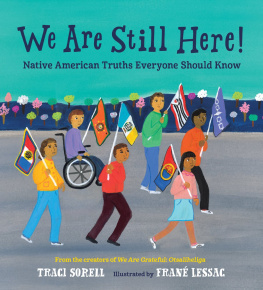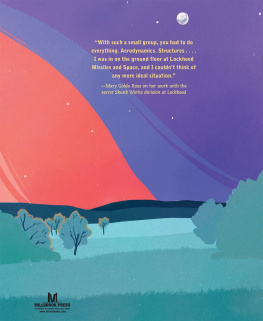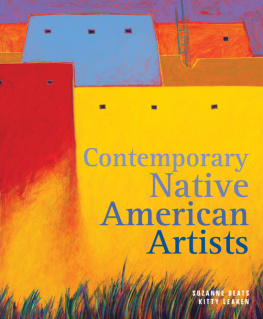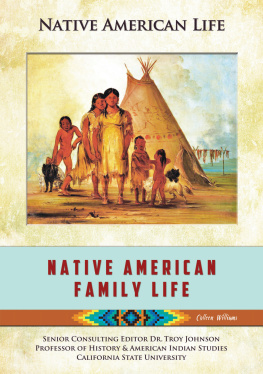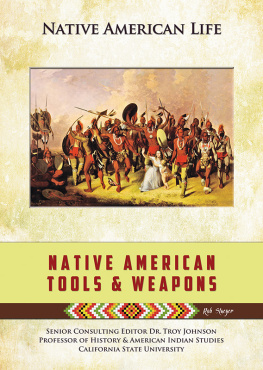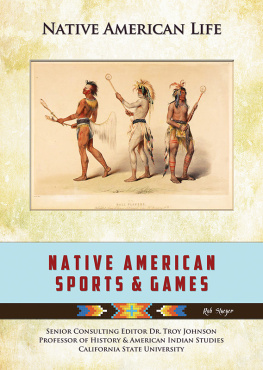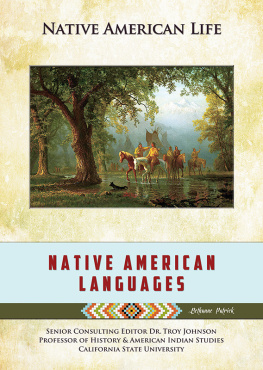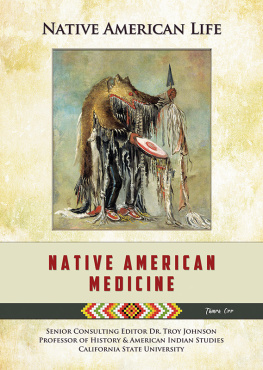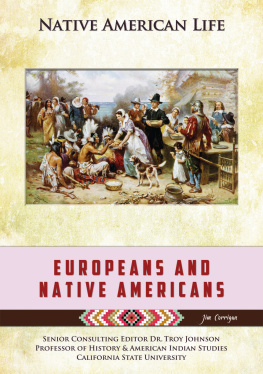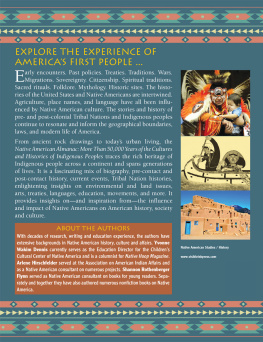Our Native Nations have always been here.
We are Indigenous to the continent now called North America.
Our leaders are sovereign and have power to make rules. Our
ways of life changed when white people arrived from Europe.
In 1776, white people broke free from England and created their
own country called the United States of America, which affected
our lives even more. Like European rulers before them, the
leaders of the new US government signed legal agreements called
treaties with our Native Nations. These treaties recognized the
sovereignty of our Native Nations to exercise control and power
over our people and lands.
But some treaties forced Native people to leave our homes or
sell the lands where our ancestors lived. The US government
made promises to Native Nations in almost four hundred treaties
altogether. But the federal government did not always keep its
promises to the tribes. Most of the time, their laws and policies
have been devastating.
Most people do not know what happened to Native Nations and
our citizens after treaty making stopped in 1871.
Despite the continued occupation of our homelands,
regular attacks on our sovereignty,
and being mostly forgotten in US culture,
Native Nations all say,
We are still here!
Wenonas Presentation
Assimilation
Most US leaders did not respect our ways and thought
it would be better for us to adopt their beliefs and practices.
From the countrys earliest days, white men sought to
... weaken our Native Nations power to govern.
... destroy Native families by taking our children away
and sending many to boarding schools.
... outlaw our sacred practices.
... punish us for speaking our own languages.
Even under these harsh laws, Native Nations say,
We are still here!
Kees Presentation
Allotment
White people wanted to control and sell even more of our
tribal lands. Native Nations had already given up larger
pieces of land for smaller ones in treaties.
In fact, the United States passed laws that
... divided up the remaining allotted lands of many tribes.
... gave a certain amount of land to each tribal citizen.
... sold the leftover land to white settlers and
railroad companies.
In spite of all this, Native Nations say,
We are still here!
Tazbahs Presentation
Indian New Deal
The US government tried to help many people during the Great
Depression, but its leaders saw how badly Native people suffered
compared to others.
Knowing that, Congress crafted a series of new laws that
... protected tribal culture, arts, and crafts.
... allowed Native languages and traditions to be taught in schools.
... set aside money to buy back lost tribal lands.
... changed most tribes governing systems to operate more like
the US government, which was not always helpful.
Noting these new laws, Native Nations say,
We are still here!
Chases Presentation
Termination
In order to save money, the US government decided to stop honoring
treaty agreements with more than one hundred Native Nations.
This terminated our relationship with the federal government and
no longer allowed our tribes or citizens to be legally separate in
the United States.
Although our tribes kept their part of each treaty, the United States
... stopped working with the tribal leaders.
... sold the affected Native Nations lands and resources.
... lowered the governments financial duty to tribes nationwide.
With the return of these anti-sovereignty policies,
our Native Nations say, We are still here!
Cadys Presentation
Relocation
The federal government wanted us to leave our tribal lands
and live and act more like white people.
So Congress passed a law that
... pushed aside the fact that Indigenous people are separate
under the law, with rights as citizens of our Native Nations
and of the United States.
... encouraged us to move to cities far from our tribal homes.
... promised jobs and schooling to those who moved.
... led to populations of poor Native people with little
support in cities and suburbs.
Even with our people scattered throughout the country,
Native Nations say, We are still here!
Jessies Presentation
Tribal Activism
Native citizens continued to speak up, organize, and increase
our long-standing commitment to
... strengthen tribal sovereignty.
... speak out about termination and relocation.
... recover our lands and harvest traditional foods.
... draw attention to Native peoples lack of sufficient health care.
... help students go to college, including on tribal lands.
With our collective voice and presence, Native Nations say,
We are still here!
Wills Presentation
Self-Determination
Native Nations needed more control of our own lives, so we pushed
back on federal rules that oversaw nearly every part of life on our lands.
To support tribal sovereignty, the United States passed laws that
... recognized that our governments could handle our own affairs.
... helped Native Nations offer programs and services directly
to our citizens.
... restored many terminated tribes to federally recognized status.
... allowed some tribes to recover lands lost during allotment
and termination.
While pressuring Congress to carry out
these laws, our Native Nations repeatedly say,
We are still here!
DJs Presentation
Indian Child Welfare
& Education
Native Nations care about the welfare and education of our children.
We needed to stop officials in various states from removing thousands of
our children from their families and placing them in non-Native homes.
Native Nations prompted Congress to approve laws that
... blocked state officials from taking our children without notifying
our tribe.
... focused on Native children staying with family or other tribal citizens.
... addressed the specific education needs of Native children in
our communities.
To protect and provide for our future generations,
Native Nations say, We are still here!
Mayas Presentation
Religious Freedom
Native people challenged federal and local laws and policies that
had banned us from freely practicing our traditional religions.
Native Nations sought help from the US Supreme Court, so that
... we could practice our beliefs and ceremonies.
... tribes could access sacred sites outside our lands.
... tribal citizens could keep and use sacred objects.
When the Court did not support us, Native Nations sought
support from Congress to say, We are still here!
Ellas Presentation
Economic Development
Tribal leaders noticed our people failing financially while others in the
United States succeeded. Some Native Nations opened casinos as a way to
make money on our lands where few opportunities existed.
This type of business allows those tribes to
... vary how people earn a living and care for themselves.
... use profits to develop businesses and employment.
... pay for important services like police, fire stations, and health care.
... offer scholarships and after-school programs as well as operate
tribally run schools.
Even though the federal government regulates tribal casinos,

